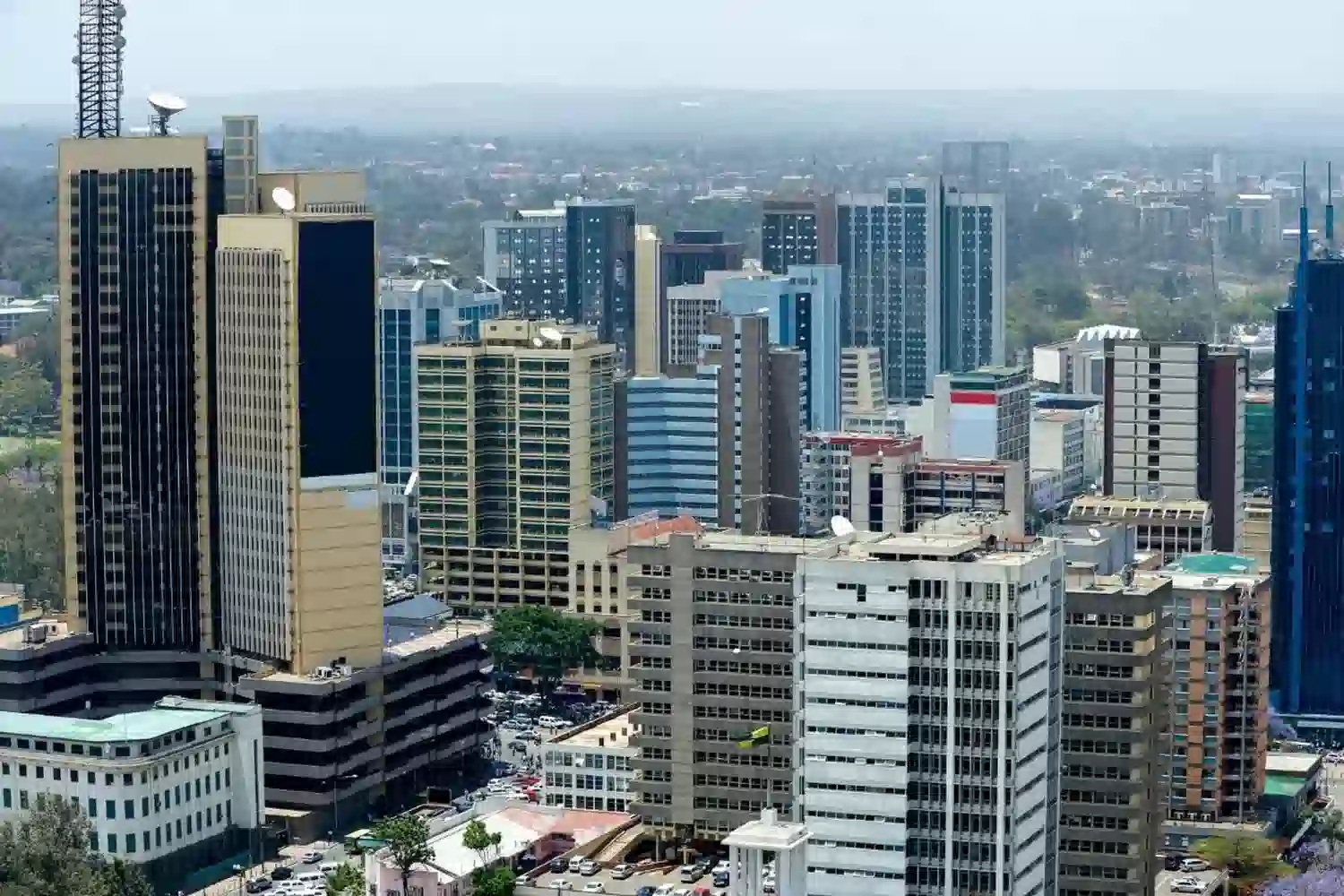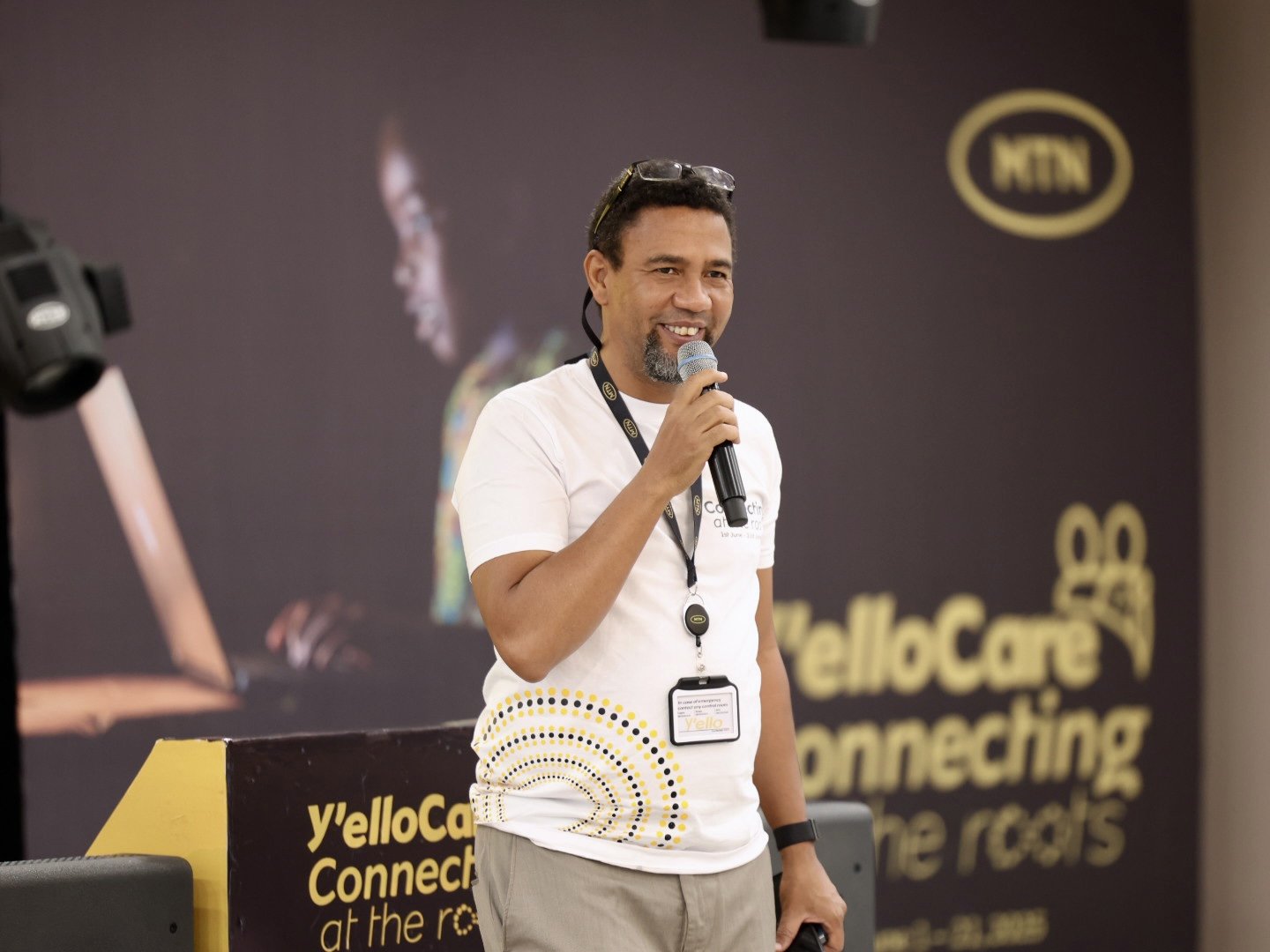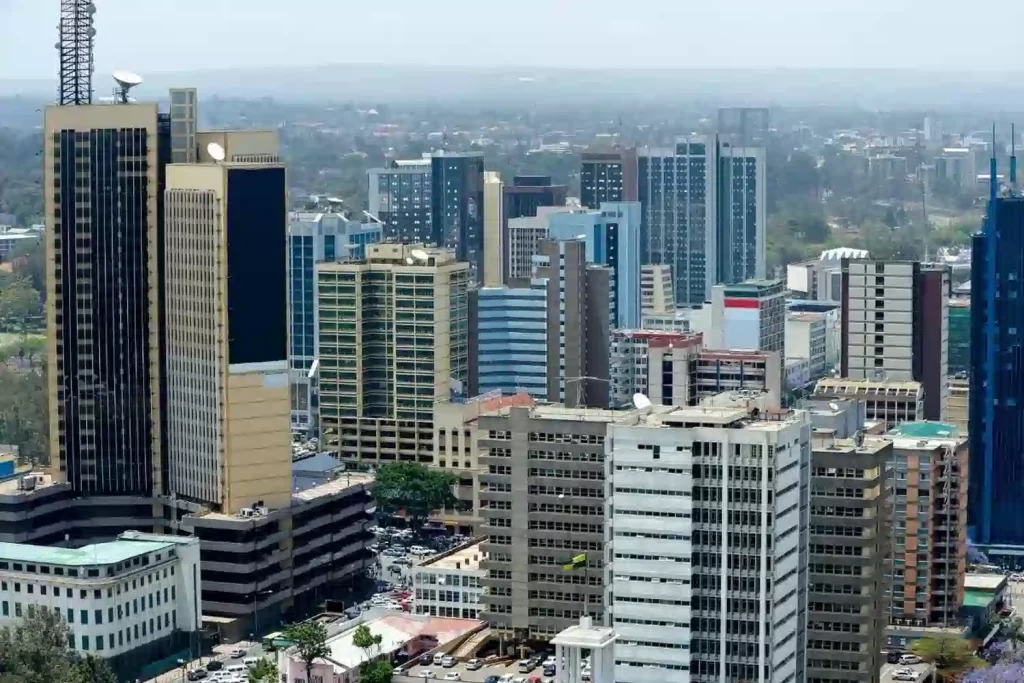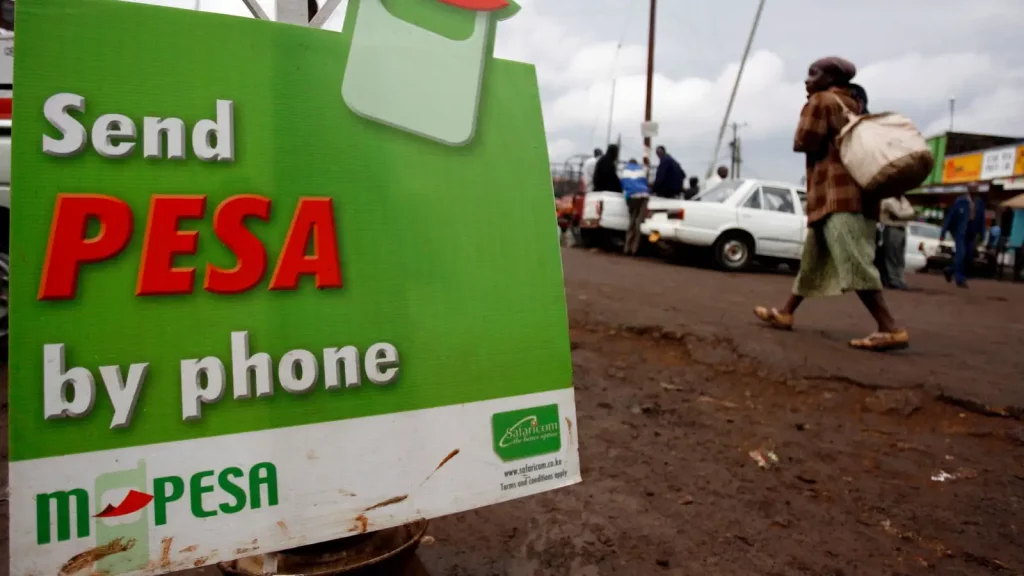
IN PARTNERSHIP WITH

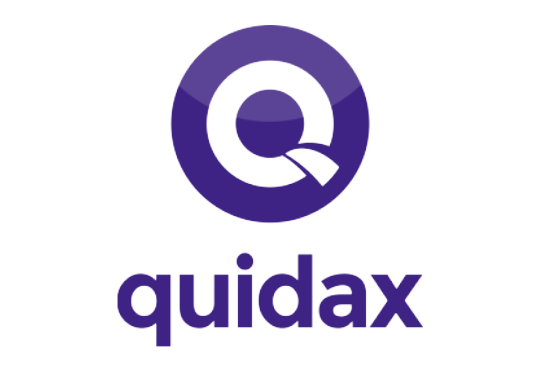
A former TikTok moderator has sued TikTok and its parent company, ByteDance, over mental trauma.
In the proposed class-action suit, moderator Candie Frazier is accusing the company of failing to take measures to protect her mental health while she worked for them screening videos that included very graphic content. She now has PTSD and trouble sleeping.
Frazier’s lawsuit was filed by Joseph Saveri’s law firm in California, the same firm which had previously taken Facebook to court in 2018 for a similar moderator-filed lawsuit that ended in a $52 million settlement.
In today’s edition
- Aumet enters Egypt with the acquisition of Platform One
- Russia fines Google and Meta again
- Tugende raises $17 million in debt financing
THE DAY IN REVIEW
1. AUMET ENTERS EGYPT WITH THE ACQUISITION OF PLATFORM ONE
B2B healthcare marketplace, Aumet, has acquired Egypt-based healthcare supply chain, Platform One, for an undisclosed amount.
Aumet is a marketplace that connects pharmacies, pharmaceutical suppliers, manufacturers, and healthcare providers across the Middle East and North Africa (MENA) and helps them share data to improve decision making and efficiency. It was founded in 2015 and is a US-based but MENA-servicing company and has more than 5,000 pharmacies in its portfolio. This acquisition means Aumet now has access to Platform One’s network of users and its market.
Platform One was founded by Abd El-Hady Araby and Osama Alatroush in 2018. It connects pharmacies to suppliers and is Egypt’s top provider of digital pharmaceutical solutions, with over 150 suppliers and 600 pharmacies on its Platform.
Platform One’s Cairo team will lead Aumet’s Egypt operations, and its users will now have full access to Aumet’s full services, which include Aumet MarketPlace, a mobile app and web platform that connects pharmacies and pharmaceutical suppliers; Aumet Pharmacy, an inventory management software solution; and Aumet Pay, a payment gateway.
2. RUSSIA FINES GOOGLE AND META AGAIN
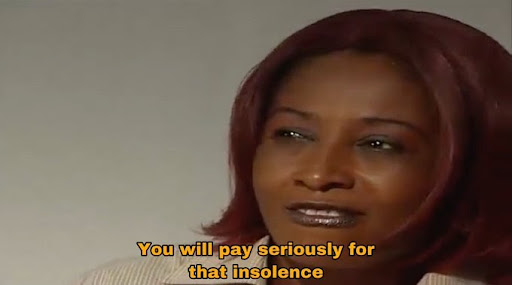
For the first time ever, a Russian court has imposed a fine on the annual turnover of Alphabet’s Google and Meta.
Vadim Subbotin, the deputy head of the Russian telecoms agency, Roskomnadzor, had previously threatened to draw charges against both companies for repeated violations, going after a percentage of their annual turnover. Now Google has been asked to pay $98 million and Meta, $27.15 million, for failure to remove banned content again.
Russian laws allow revenue-based fines of 5–10%, for repeated violations, but this is the first time this has been applied and the first time a fine on foreign tech companies has exceeded $1 million.
According to reports, Google has paid more than $434,560 in fines over content violations this year and is at odds with Russia on a number of issues. Meta also just settled its previous ₽17 million ($229,643) fine.
Russia has recently come down hard on foreign tech companies for violations and is handing out multiple fines in a bid to have more control over the internet.
In an email to Reuters, Google stated that it would study the court ruling before deciding on further steps.
In Ep. 4 of Artwork, learn how you can grow from a freelance designer to a world-class brand design studio.
👉🏾 Watch now
This is partner content.
3. TUGENDE RAISES $17 MILLION IN DEBT FINANCING

Ugandan tech-enabled asset finance company, Tugende, has announced the completion of a $17 million debt capital round from three lenders and a crowdfunding platform.
Tugende handles asset finance in Uganda and Kenya. The company uses asset financing and technology to help MSMEs own assets that generate income.
Nordic Microfinance Initiative (NMI) contributed KES 565,000,000 ($5 million) to the funding, while impact investment company, Symbiotics, contributed $6 million, and Lendahand—a crowdfunding platform—contributed $1 million. It also received $5 million from Goldfinch, an innovative financing platform, for its Kenyan sector.
Tugende was launched in Kampala in 2012 by CEO Michael Wilkerson, and it has served more than 54,000 clients across Kenya and Uganda since its launch, with 20 branches in Uganda and four in Kenya. It offers digital payment methods for asset ownership and digital credit profiles and scores to customers.
In March, the company closed a $3.6 million Series A funding led by the French VC firm, Partech, along with other investors like Toyota Tsusho’s investment fund, Mobility 54, Denali Venture Philanthropy, and Segal Family Foundation.
Part of this recent funding will be used to scale up operations in Kenya.
Quidax is an African-founded cryptocurrency exchange that makes it easy for you to access Bitcoin and other cryptocurrencies. They also make it possible for Fintech companies to offer cryptocurrency services to their customers.
This is partner content.
What else we’re reading
- Ask an Investor: Twelve insights from Africa’s top investors.
- GetEquity is changing startup investment in Africa. But how?
- Microsoft is accepting applications for its Software Engineering program in 2022.
- Indonesian coffee chain becomes a unicorn after raising $96 million.





















